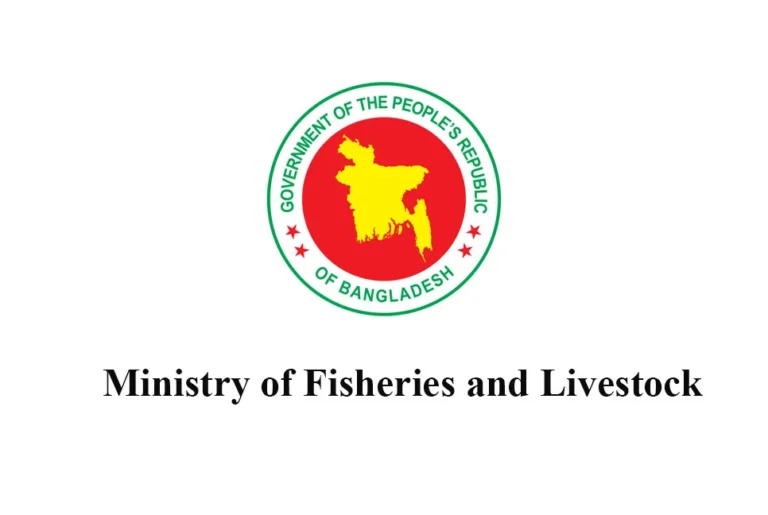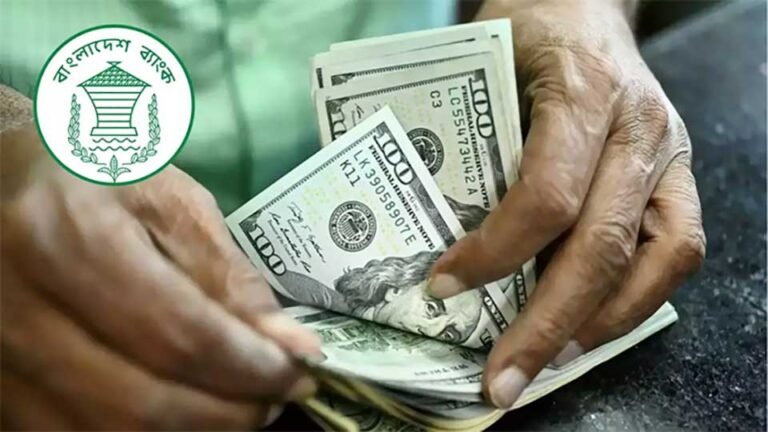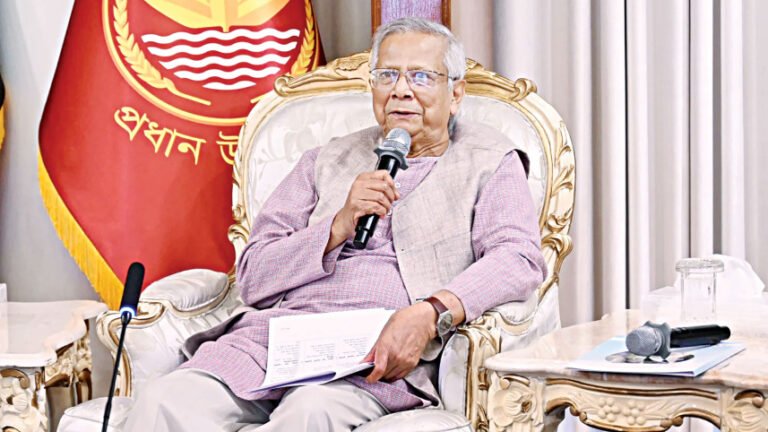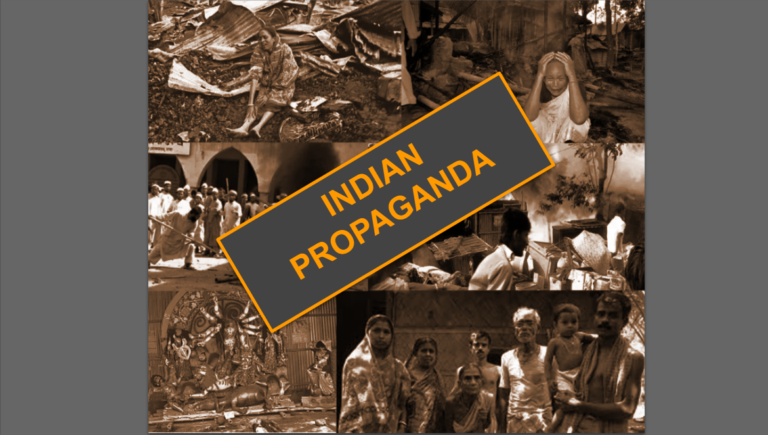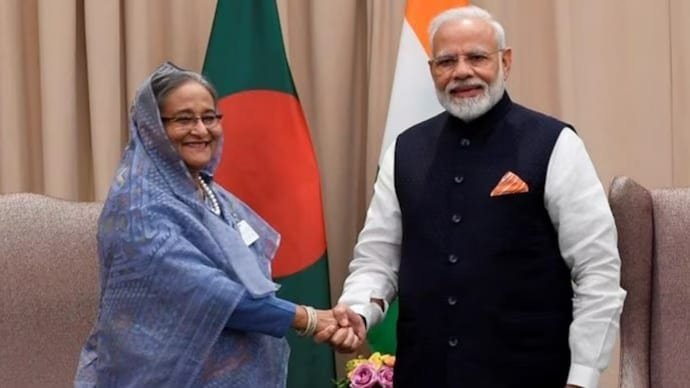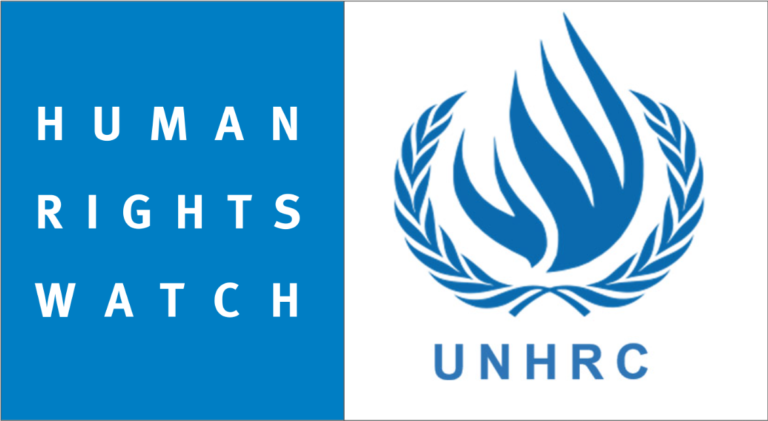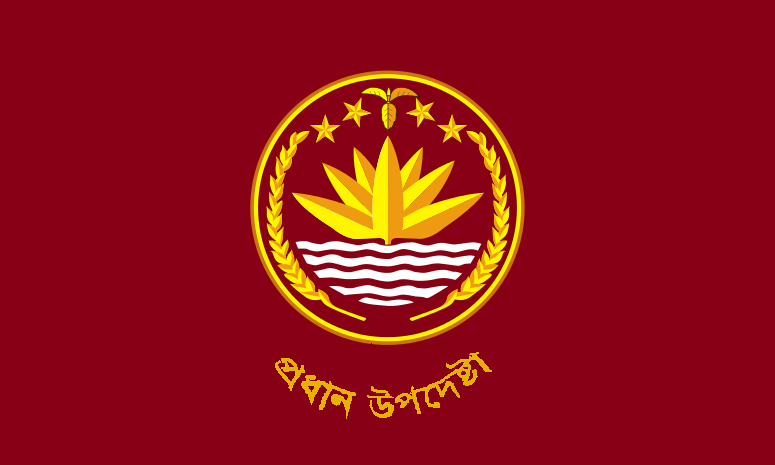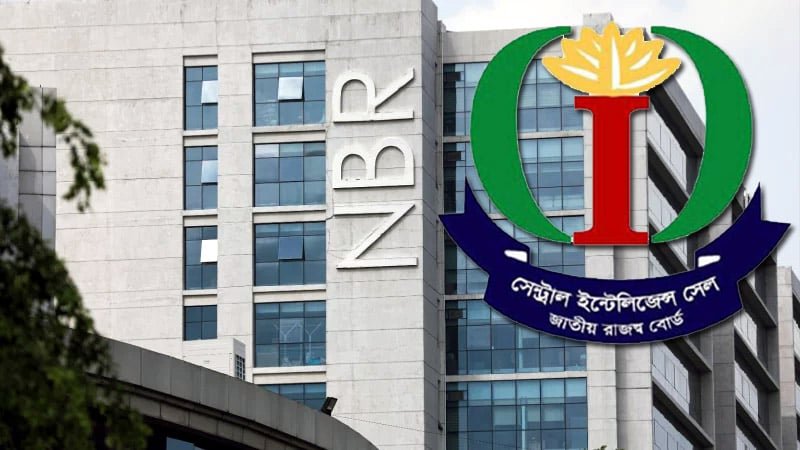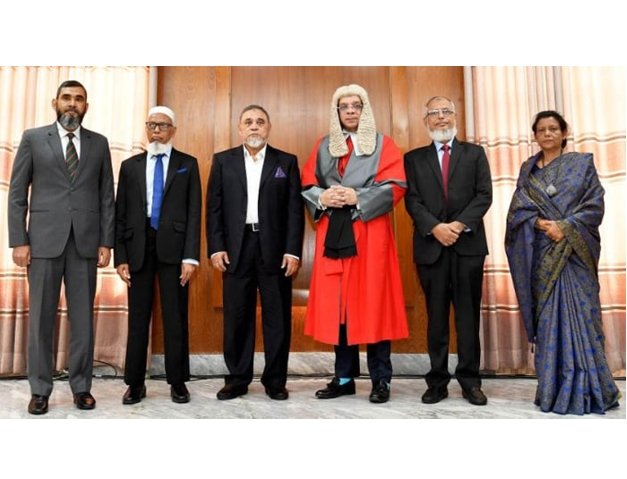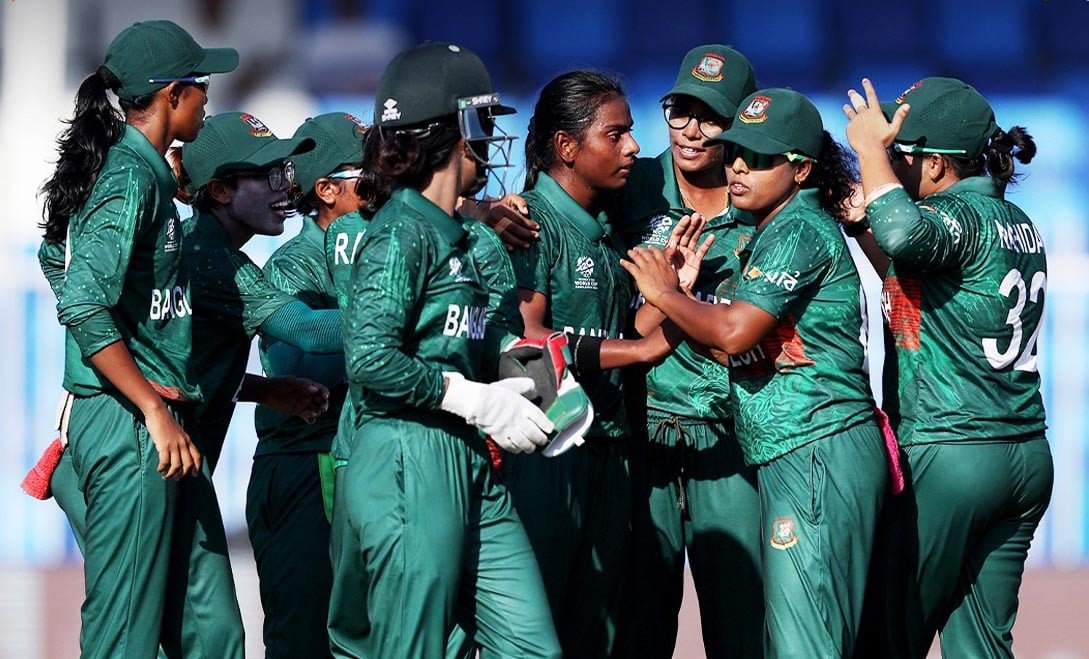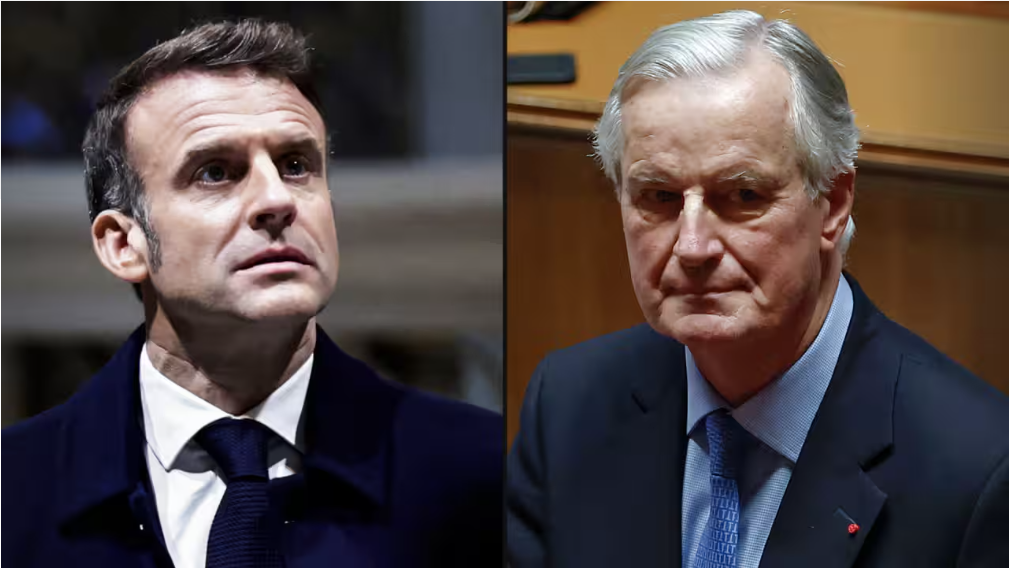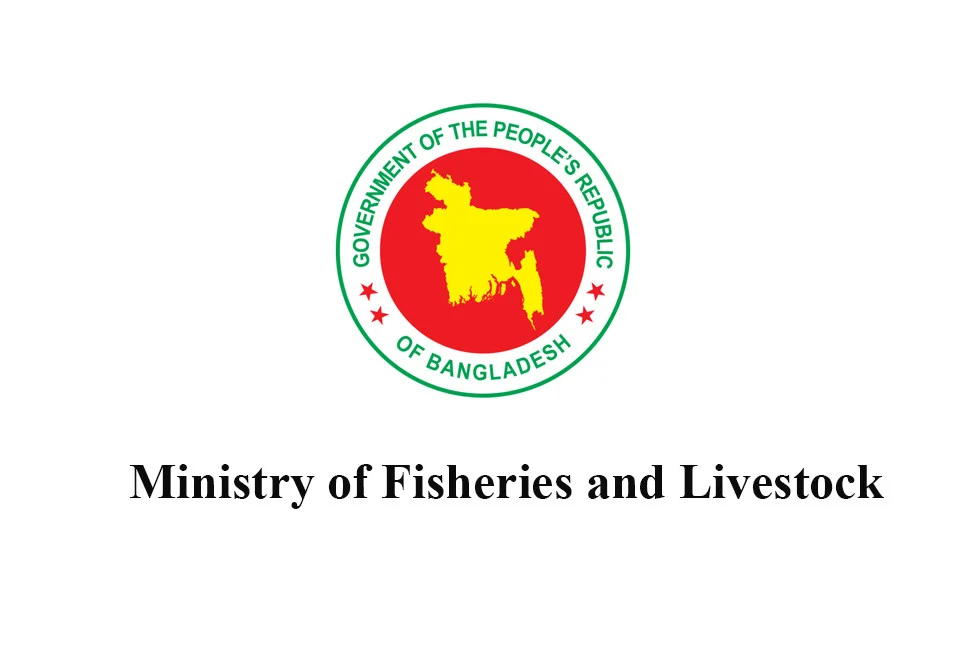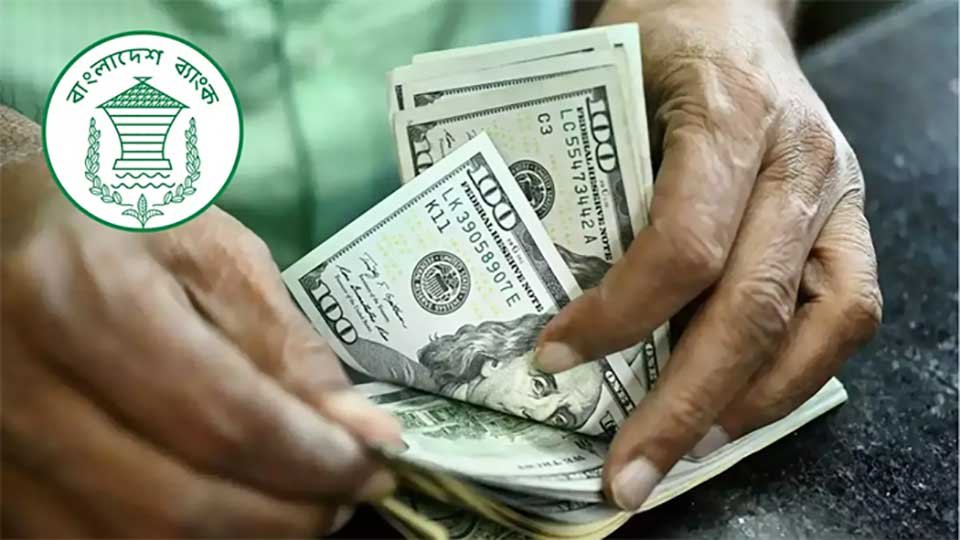The Chief Adviser’s Office (CAO) announced on Wednesday that efforts are in progress to evaluate the amount of money laundered abroad or misappropriated by certain corrupt businessmen and influential individuals within the country. “Audit will begin to determine the money swindled by the corrupt people . . . (but) it can be assumed that the amount could be over Taka 100 billion,” stated the CAO office in a press release.
The statement further noted that steps have already been taken to implement reforms in the banks and financial institutions involved in these corrupt practices and money laundering activities. The interim government has reconstituted the governing boards of several banks, including Islami Bank, Social Islami Bank, National Bank, United Commercial Bank, Global Islami Bank, and Union Bank. “Reforms in other banks and financial institutions will start as well. The actual information of the money laundered will be collected through new managements and audit will begin to determine the money swindled by the corrupt people,” the statement continued.
The newly appointed managements of these banks have commenced efforts to seize the assets of local swindlers and repatriate the laundered funds with the support of Bangladesh Bank’s Financial Intelligence Unit (BFIU), the Criminal Investigation Department (CID) of the police, and the Anti-Corruption Commission (ACC).
The statement also mentioned that the authorities have already sought assistance from foreign organizations to facilitate the return of the laundered money to Bangladesh. “The government will soon form a banking commission to unearth the true picture of each bank through investigations and formulate an implementable roadmap to reform banks within six months,” the statement said.
The overarching goal of Bangladesh Bank and the government is to establish a robust banking sector that adheres to all international standards. However, the statement emphasized that achieving this goal will require international technical assistance and funding.
Bangladesh Bank and the government are actively pursuing initiatives to restructure the banking sector by seizing the assets of embezzlers and repatriating their laundered funds. While the restructuring of banks and the implementation of structural reforms in the financial sector are complex and time-consuming processes, the government remains committed to transforming the country’s financial sector into one that meets international standards.


